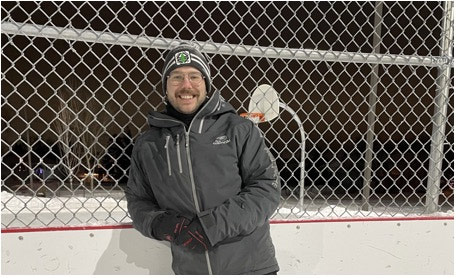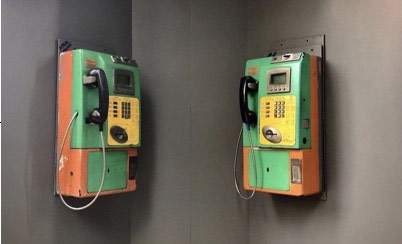UQO aims to tear down access barriers for LGBTQ+, trans and non-binary women looking to procreate
Djeneba Dosso
The University of Quebec in Outaouais (UQO) has launched a new study to tear down access barriers when it comes to assisted procreation for LGBTQ+, trans and non-binary women. The research project recently received a new investment of $140,967 from the Quebec Government to better document the needs of these women.
The study, which is led by Isabel Côté, Canada Research Chair in Third-Party Reproduction and Family Ties, in collaboration with LGBT+ Family Coalition, aims to make assisted procreation an enjoyable experience for all women.
“Lesbian, queer, trans and non-binary women often need to turn to fertility clinics to have children,” said Côté. “We already know that in these clinics there are practices that are very heteronormative – for example, the partner of the woman who is pregnant will often be identified as the ‘masculine partner,’ even though she’s a woman, just because the majority of people who go to fertility clinics are hetero couples.”
Shared experiences of feeling “unwelcome” and being asked “uncomfortable and inappropriate questions,” are all too common for women seeking out assisted procreation. The goal of this research is to break down these access barriers by meeting with LGBTQ+, trans and non-binary women and getting them to share their narratives. Following the interviews with these women, good practice guides and capsule videos based on their experiences will be created to raise awareness.
“What we want is to ensure that access to clinics is facilitated for these women. If we document the barriers, we will be able to better train the staff in these clinics so they can be more inclusive, which will be an advantage,” said Côté.




